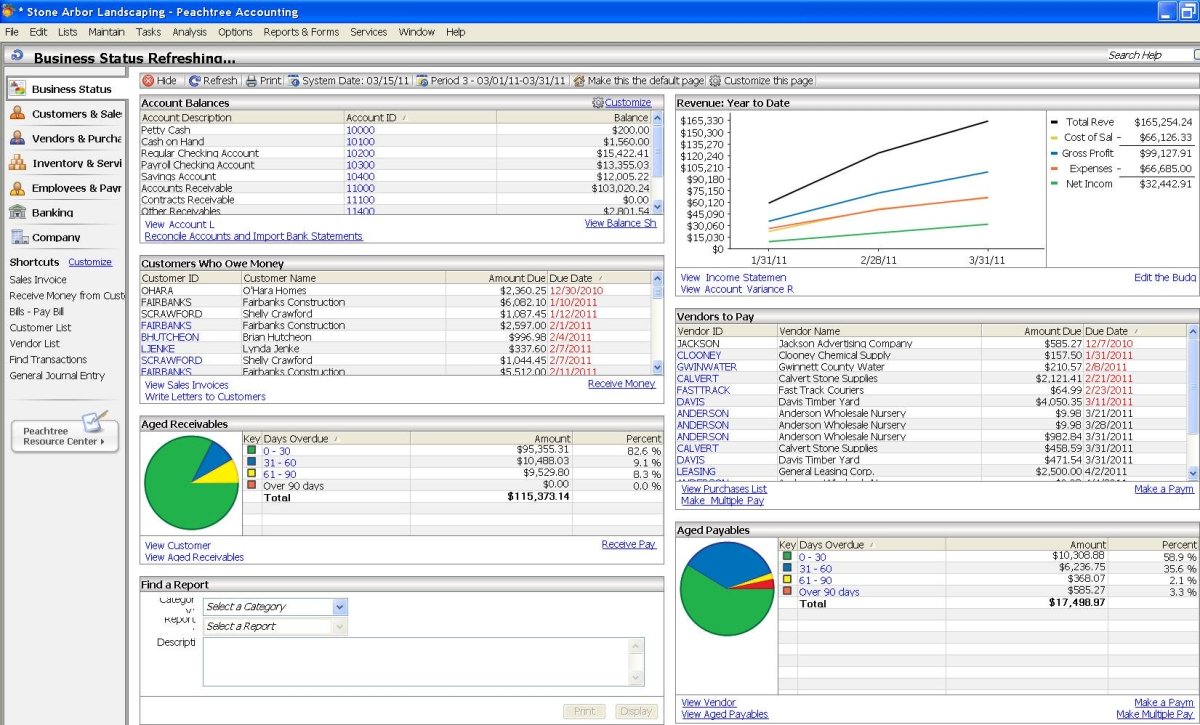What to Consider When Starting Your Own Business
Things To Consider Before You Start Your Small Business
What’s in this article:
· The American Dream
· The Importance of Small Business
· The Different Types of Business Ownership
· Making Your Dream a Reality
· The Power of Business Know How
It is the all American Dream to own a small business and see it grow. Believe it or not, there are a lot of people who want you to succeed and are counting on you to succeed at running your small business because:
Small firms:
• Represent 99.7 percent of all employer firms.
• Employ just over half of all private sector employees.
• Pay 44 percent of total U.S. private payroll.
• Have generated 64 percent of net new jobs over the past 15 years.
• Create more than half of the nonfarm private gross domestic product (GDP).
• Hire 40 percent of high tech workers (such as scientists, engineers, and computer programmers).
• Are 52 percent home-based and 2 percent franchises.
• Made up 97.3 percent of all identified exporters and produced 30.2 percent of the known export value in FY 2007.
• Produce 13 times more patents per employee than large patenting firms; these patents are twice as likely as large firm patents to be among the one percent most cited.
Trade Admin.; Advocacy-funded research by Kathryn Kobe, 2007 (www.sba.gov/advo/research/rs299tot.pdf) and CHI Research, 2003 (www.sba.gov/advo/research/rs225tot.pdf); U.S. Dept. of Labor, Bureau of Labor Statistics.
According to sba.gov: In 2008, there were 29.6 million businesses in the United States, according to Office of Advocacy estimates. Census data show that there were 6.0 million firms with employees in 2006 and 21.7 million without employees in 2007 (the latest available data). Small firms with fewer than 500 employees represent 99.9 percent of the 29.6 million businesses (including both employers and nonemployers), as the most recent data show there were about 18,000 large businesses in 2006.Source: Office of Advocacy estimates based on data from the U.S. Dept. of Commerce, Bureau of the Census, and U.S. Dept. of Labor, Employment and Training Administration.
There are pros and cons to having a small business, and each decision you make regarding your business has negatives and positives to it, so creating a successful business is a big responsibility. Let’s go over some of the things you need to know to help you in making the right choices that will lead to positive results, a successful business and happy owners.
Some Important Basics include what type of business entity you choose (sole proprietorship, partnership, corporation) There are advantages and disadvantages to each, and it is important to familiarize yourself with what each organization type can work best for you.
small business resource
- U.S. Small Business Administration-Your Small Business Resource
great source of information for small business
small business sole proprietorship

sole proprietorship
Sole Proprietorship: the company is owned and operated by one individual. There is ease of information, relative freedom from government controls, it is the simplest to set up, and all decisions are up to you. The disadvantages include less protection from personal liability, and the need to use your own personal assets to fund the business, because it is very difficult to get loans for a small business.
parntership

partnership
Partnership: involves 2 or more people, agreements are usually done in writing and prepared by a lawyer. This agreement usually quantifies specifics of the equity share of each partner’s profits and losses. The positive of this type of business structure is the ability of each partner to take care of the part of the business where their greatest strengths are. The disadvantages are each is exposed to personal liability, and sometimes partners don’t see eye to eye and the business suffers.
incorporation

corporations
Corporation: is a legal entity that is separate from the people who own the business. The corporation is treated like a person, in that in pays taxes and is held legally responsible for itself. The advantages to this means that the owner(s) personal assets are separate from the business. It is costly to set up this kind of business organization and there is more formal record keeping that needs to be done. Protection of personal assets is usually the number 1 reason people incorporate their small business.
LLC another alternative for a small business

LLC and Small business
Limited Liability Corporation (LLC) offers the benefits of both a corporation and a partnership. The income from this type of entity can be passed to its owners without being taxed and the owners are protected from personal liability like a corporation does for its owners.
What type of business ownership to choose for your small business
In order to make the right choice: Ask yourself several questions;
· Do you like making decisions by yourself in a sole proprietorship?
· What are the benefits for yourself to a sole proprietorship?
· Do you have enough money to invest by yourself?
· Can you handle the workload, the decisions, the paperwork, and the responsibility?
· Do you want to deal with partners?
· What are the risks and rewards to you personally in having a partnership?
· Will you be able to make enough money in a partnership>
· Are you willing to take on personal liability for potential losses in these types of businesses?
· Can you afford this risk?
· Do you want the expense of incorporating?
· Can you justify the cost of incorporating to the benefits of the other entities?
· Are you looking to minimize your tax earnings?
· Are you willing to accept the complication of paperwork and recordkeeping that incorporating entails?
~~~~~~~~~~~~~~~~~~~~~~~~~~~~~~~~~~~~~~~~~~~~~~~~~~~~~~~~~~~~~~~~~~~~~~~~~~~~~~
The answer to these questions and others you can think of come from your individual desires and needs. You will want to consider the business particulars and what is best for all involved in setting up and running the small business. It is also hard to anticipate the future needs of your business and yourself, but as best you can, it is good to think ahead and set yourself up for what you believe may be the best situation. Businesses evolve and change and keep in mind that you can change your business entity choice in the future. But it is best to consider the importance of how you are setting your business up now, talk to experts, research, see what others have done, and do your homework to help you on the right road to business success.
If running being your own boss and having a small business of your own is your dream … GO FOR IT!
Your dream is an action away. Your actions are a result of your thoughts. Your thoughts reflect your beliefs. Your beliefs are the intrinsic messages you tell yourself all the time. And you can do anything if you believe!
"Success or failure in business is caused more by the mental attitude even than by mental capacities. "
- Sir Walter Scott (Scottish novelist and poet)
for more business quotes go to:
- Business Quotes
business quotes and quotations from brainyquote
other business links
- Moneymatic: Starting Your Own Business Winning Style (Part 2)
The first thought of your small business location, you must consider your customers needs and how you can best serve them at the most reasonable cost per square foot in your location. Customers need as...








